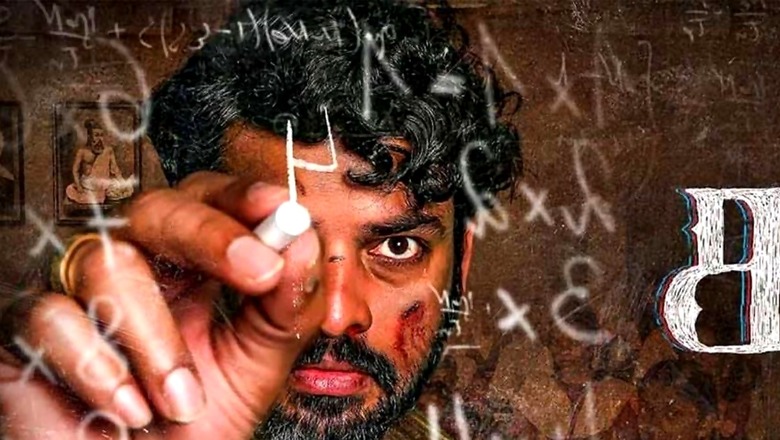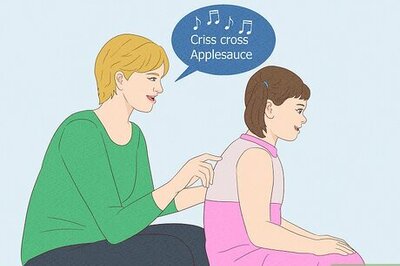
views
Sir is one of those formulaic Tamil movies with a strong cause or message it wants to put across and doesn’t mind doing so at the cost of being a didactic and dated. The style, writing, brevity, and everything that makes up for a superior form take a backseat in Sir as Bose Venkat prefers coming across as an activist to a fine filmmaker. While Sir has a noble cause at its core, the execution makes it a yarnfest, and instead of getting the catharsis such social commentary aims to provide, the film invokes a sense of guilt for feeling so.
The story is about three generations of a family trying to uplift a rural village in Tamil Nadu named Manjolai. In the 1950s, Anna, the protagonist’s grandfather starts an elementary school opposing an upper caste family, to whom educating the oppressed works against their agenda. They will then be unable to control the village in the name of God and superstitions. The fight continues with every generation. Anna’s son Arasu (Saravanan) turns the elementary school into a high school and his dream is to see his son Sivanyanam (Vemal) change it into a higher secondary school. However, both Anna and Arasu are turned into mentally challenged people by the villains, who make the village believe that they are being punished for building the school in the path of their god.
In the 80s, when the film is set in, Sivanyanam, without any sense of purpose and weight of his family’s noble burden, throws away his time frivolously at school. He spends most of the time falling for a fellow teacher Valli (Chaya Devi Kannan). When reality hits hard, he starts becoming his father and history starts repeating itself. Will he also lose his sanity or will he honour his father’s dream makes up for Sir.
The first half of the movie pretty much has Vemal in his Kalavani mode. He is playful, while his father cuts a sad face whenever he sees him. When he learns that his son has fallen in love, the father is utterly disappointed. Now, the film doesn’t share the same ideas. It is all progressive when it comes to romance and love. However, as a form, it is archaic as the old man walking with an ever-sulking face. Everything gets repeated at least twice–especially whenever it tries to show that all three generations of the hero’s family are going through the same fate. Bose Venkat has to cut some slack for the audience and also cut in terms of length and dialogues. We aren’t the school students in the film to listen to numerous reiterations of the same lines.
The film has many symbols that celebrate Dravidian figures like Periyar, former Tamil Nadu CM Anna, and Congress leader Kamaraju. While Anna, the grandfather of the hero, who looks like Periyar wearing similar glasses, starts the school as a private institution, his son Arasu (Government in Tamil) turns it into a state-backed school. This is a parallel to the Dravidian movements started by Periyar which became a political party with Anna. Then we also have Arasu riding a ‘yellow’ cycle. Here too the intentions are understandable, but the craftsmanship goes for a toss. All such references are on the face leaving no room for subtlety. As far as the performances go, they are on par with the melodramatic nature of the film. In a particular scene, Saravanan as Arasu begs with a paralyzed body to the villains trying to demolish the school. The scene is manipulation and emotional exploitation at their best. Sir teems with redundant and obsolete scenes making it as old as the period it is set in.




















Comments
0 comment